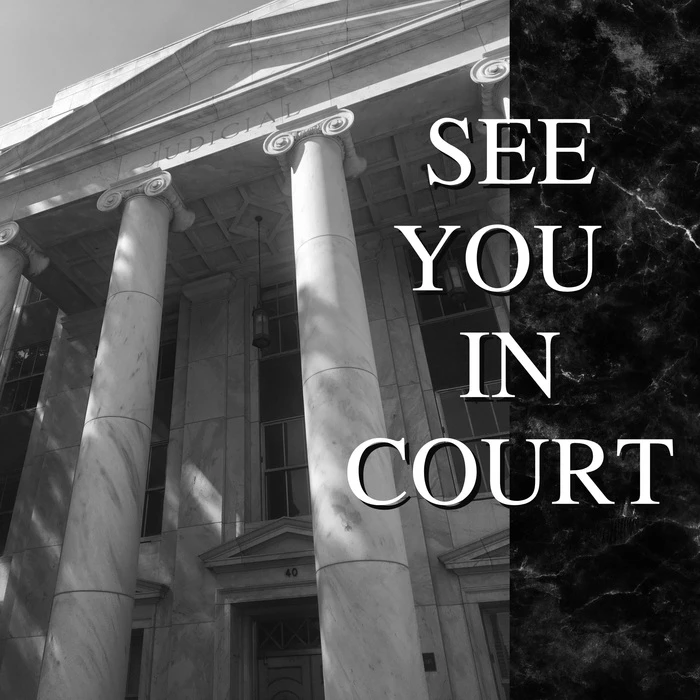Understanding Georgia’s Civil Justice System | A Concise Guide
Navigating the intricacies of the law can be overwhelming, especially when you’re trying to understand the basics of the civil justice system. Here, we’ll break down the essential elements of Georgia’s civil justice system in an easily digestible manner, ensuring you’re well-equipped with knowledge!
What is the Civil Justice System?
Civil justice deals with disputes between individuals or organizations. If someone feels that their rights have been violated or they’ve been harmed, they can seek remedy or compensation through the civil courts. In Georgia, this system is in place to ensure that grievances are addressed fairly.
Georgia’s Court Structure
Georgia boasts a diverse court structure to address various civil matters:
- Magistrate Courts: Handle small claims and minor disputes, typically involving amounts under $15,000.
- State Courts: Deal with more extensive civil disputes, including torts, contracts, and real estate matters.
- Superior Courts: While they hear all types of cases, they are the primary courts for major civil lawsuits in Georgia. They can grant “equitable” remedies – solutions beyond mere money, like an order to stop a particular action.
- Georgia Court of Appeals and Georgia Supreme Court: Handle appeals. If a party believes there was an error in their case, they can take it up to these appellate courts.
The Civil Litigation Process in Georgia
Civil litigation is the process of resolving disputes in court. Here’s a condensed step-by-step walkthrough:
- Initiation: The plaintiff (the person initiating the lawsuit) files a complaint, laying out their grievances and what they seek in damages or remedy.
- Response: The defendant (the person being sued) receives the complaint and typically has 30 days to respond, either admitting, denying, or stating they don’t have enough information about the allegations.
- Discovery: Both sides exchange information, gather evidence, and prepare for trial. This might include depositions, where witnesses provide sworn testimony.
- Trial: If a resolution isn’t reached, the case goes to trial. In Georgia, either party can request a jury trial for most civil matters. Otherwise, a judge hears the case.
- Verdict & Judgement: Post-trial, the judge or jury delivers a verdict. If the plaintiff wins, the judgement might involve compensation or a specific remedy.
Alternative Dispute Resolution (ADR)
Georgia courts often encourage parties to consider ADR methods, like mediation or arbitration, before heading to trial. These processes can be faster, less costly, and more collaborative, helping parties reach a mutually agreeable solution without the formalities of court.
Representation
In civil cases, individuals have the right to represent themselves, but legal representation is often beneficial. Georgia has a myriad of resources, including legal aid and pro bono services, to assist those who cannot afford an attorney.
Final Thoughts
Understanding Georgia’s civil justice system is essential, whether you’re considering litigation or simply want to be informed about your state’s processes. It offers a structured pathway to address grievances and maintain societal harmony. Always remember, knowledge is empowering, and staying informed about your rights and the system ensures you’re always a step ahead.
Check out our podcasts at seeyouincourtpodcast.org for more insights into Georgia’s legal landscape. Most importantly, remember, justice is everyone’s right!






